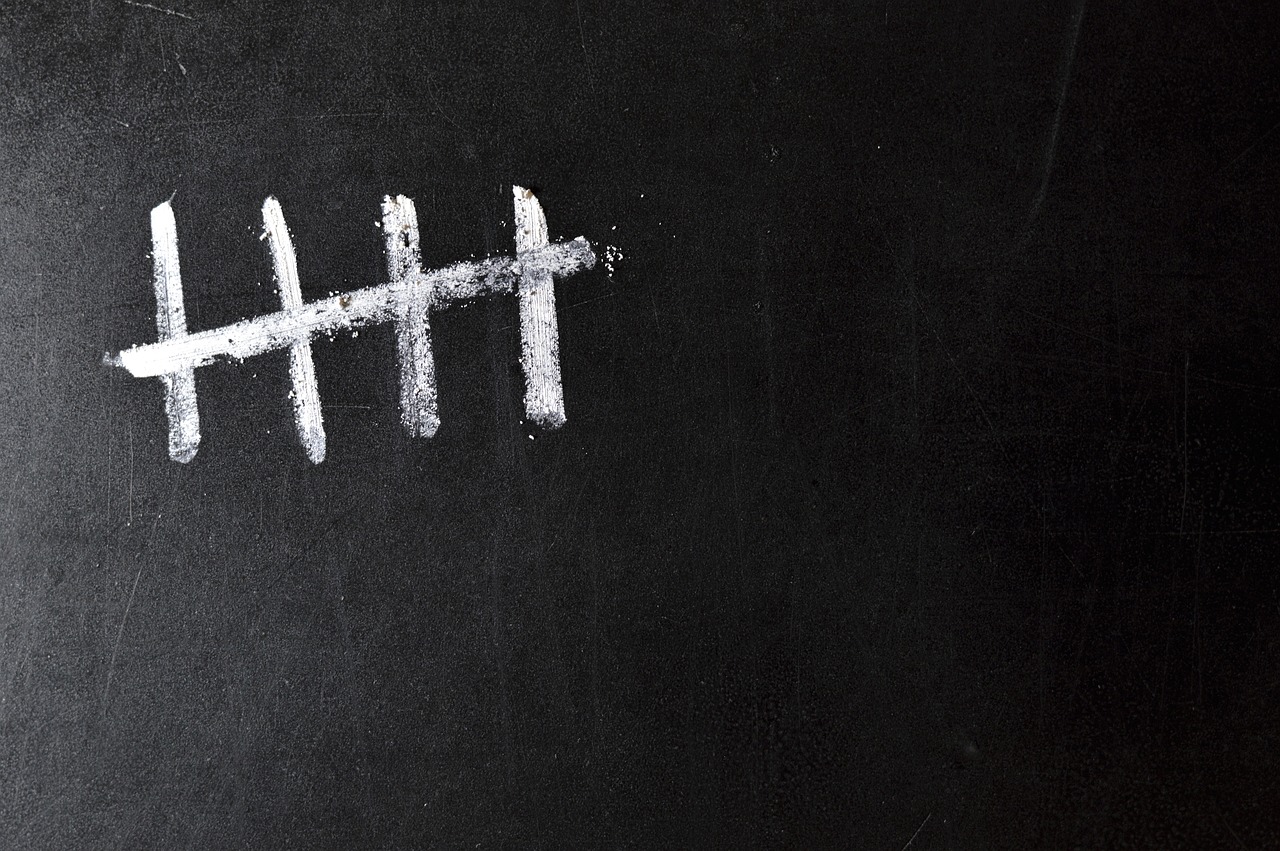Maybe it’s time to slap church leaders with Malachi 3:8. Why do I say that? Well, I recently shared two stories about the misuse of church funds. James Huntsman, a former Mormon, is suing the Mormon Church (Church of Jesus Christ of Latter-day Saints) for allegedly mishandling tithes and offerings. Then, a Presbyterian Church pastor in India is arrested and charged for allegedly stealing church money. Altogether, we’re talking about millions of dollars.
Here’s what’s interesting.
Many pro-tithing and Prosperity Gospel preachers love imposing Malachi 3:8 on their congregations. They drill in their heads, believing they’re robbing God if they don’t bring tithes and offerings to the church.
Now, the Most High exposes the truth about tithes, Malachi 3:8, and those robbing Him.
Let’s get into it.
Table of Contents
- Time to Stop the Malachi 3:8 Con Game
- The Ugly Truth About Robbing God
- The Lord Has a Word for Religious Leaders
- Malachi Calls Out Religious Corruption
- Outsmart the Prosperity Gospel Preachers
Listen to Podcast
Please Note: The following post is an edited version of The Tithing Hoax podcast transcript.
Time to Stop the Malachi 3:8 Con Game
When you take a text out of context, it leaves a con. Too many preachers take Malachi 3:8 out of context. The result? God’s people get conned into believing a lie.
So here’s what I’m going to do.
I’m putting the Malachi 3:8 text back into context so believers can stop being conned. And what’s the con? That Malachi was rebuking the people for not paying tithes and offerings. The prophet Malachi chastised Israel’s religious leaders for robbing God.
In today’s language, we’d say it like this…
Malachi wasn’t addressing the folk sitting in the pews. Nope. He was going in on the pastors (and others church officials).
These are the people Malachi is talking to!
And how do we know this? Well, throughout the book of Malachi, the prophet calls out those who were robbing God.
The Ugly Truth About Robbing God
The book of Malachi is about holding Israel’s religious leaders accountable. Who were these leaders? The tribe of Levi consisted of priests and their assistants. God set the tribe of Levi apart for His specific purpose (Deuteronomy 10:8).
They oversaw and conducted all the Tabernacle activities. These duties included collecting tithes and offerings from the other 11 tribes, paying tithes and offerings, and making sacrificial rituals on Israel’s behalf (Nehemiah 10:38).
Understand this.
The prophet Malachi spoke the mind of the LORD. So the Most High had a message for the priests and Levites. Why? Because they were robbing God.
Look at Malachi 1:7 (NKJV).
It says, “you offer defiled food on My altar, But say, ‘in what way have we defiled you?’ By saying, ‘the table of the Lord is contemptible.’
We must understand the Bible verse’s the who, what, when, where, how, and why. It’s not enough to know what the Bible says. We must understand what it means by what it says.
We must understand what the Bible means by what it says.
R. RENEE
For example, we must ask who the “you” Malachi refers to in verse 7. Here he’s talking about the Levitical priests (religious leaders). How do we know? The priests were the only individuals the Lord authorized to bring tithes and offerings to the altar (Numbers 18:7).
Next, how did they defile the altar?
The tithes and offerings (food, animals, and drinks) were defiled.
Under the old Mosaic Law Covenant, God commanded the best tithes and offerings. The Israelites, including the Levites, couldn’t give the Lord diseased, blemished, sick, or maimed herds, livestock, or food (Leviticus 22:20).
The Levites and priests fell short. They weren’t giving tithes and offerings according to God’s instructions.
Let’s not ignore chapter 1 of Malachi. The first chapter lays the foundation. It gives us the proper background for why Malachi rebukes the priests and Levites (religious leaders) in chapter 3.
Uncover the hidden secrets of the tithes and the Levites in our latest article – read it today!
The Lord Has a Word for Religious Leaders

Malachi chapter 2 provides more proof that the prophet is rebuking religious leaders. Look at Malachi 2:1 in the New King James version. The heading of the passage says, Corrupt Priests. Right off the bat, this lets you know what the text is about.
Then look at verse 1. It says, “And now, O priests, this commandment is for you.”
Again, this confirms the Lord had an issue with Israel’s religious leaders, not the congregation (so to speak).
Malachi Calls Out Religious Corruption
The bottom is that the prophet Malachi, under God’s instruction, called out the priests and Levites for their corrupt behavior. The Lord, through Malachi, is holding them accountable for mishandling the tithes and offerings.
What happened then is happening now.
Believers worldwide pay billions of dollars in tithes and offerings to their churches. And unfortunately, we have “men and women of God” stealing church money.
Sometimes, these religious leaders accuse non-tithers of robbing God and use Malachi 3:8 to coerce their followers into paying tithes.
So, here’s my question for believers.
Don’t you think it’s time to apply Malachi 3:8 to the pastors (and other church officials) and hold them accountable for using the tithes and offerings?
Let me know.
Outsmart the Prosperity Gospel Preachers

📌 Discover the TRUTH about tithes, prosperity gospel preachers don’t want you to know. 👉 👉Click this link
SOURCE(S): James Huntsman Sues Mormon Church Pastor in India Charged With Church Fraud









